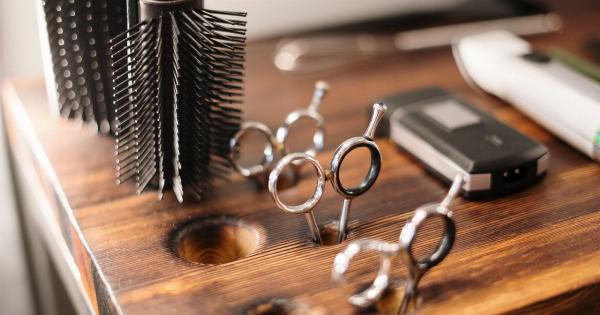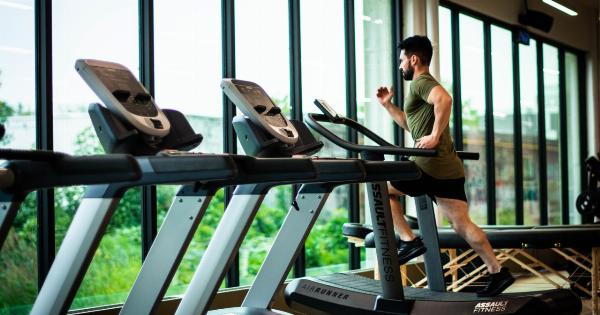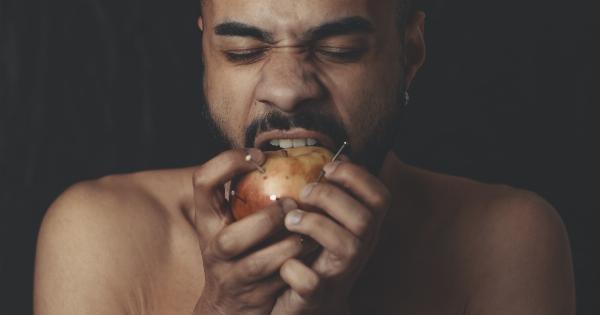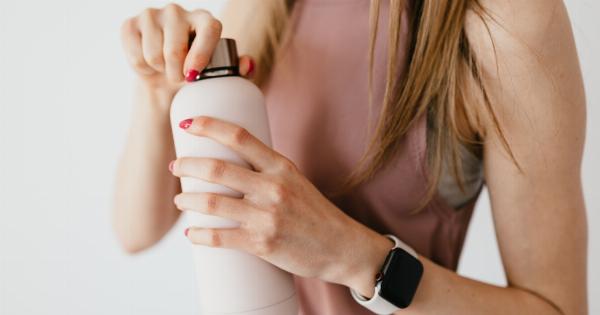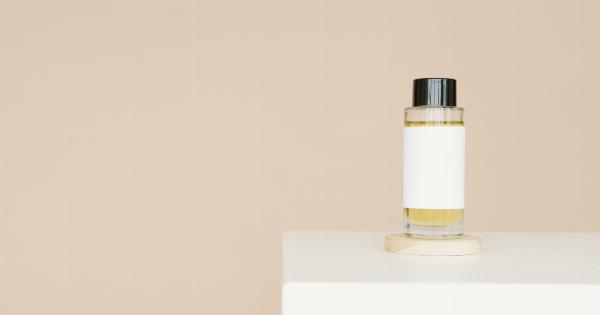Have you ever wondered why your hair looks dull, lifeless, or prone to breakage? The answer may lie in your diet.
While external factors like excessive heat styling, chemical treatments, or harsh weather can impact the health of your hair, the internal factors are just as crucial. The food you eat plays a significant role in the strength, shine, and overall health of your locks. In this article, we will explore the connection between your diet and your hair, and discover how you can nourish your hair from within.
Protein: The Building Block of Hair
Protein is an essential nutrient when it comes to hair health. Our hair is primarily made up of a protein called keratin, which is responsible for its strength and structure.
Insufficient protein intake can result in weak, brittle hair that is more prone to breakage. Ensure that you include adequate amounts of lean meats, poultry, fish, eggs, beans, and nuts in your diet to supply your hair with the necessary protein it needs.
Omega-3 Fatty Acids: Promoting Hair Growth
Omega-3 fatty acids are vital for a healthy scalp and hair growth. These fatty acids help nourish the hair follicles, ensuring that they are strong and capable of producing new, healthy hair strands.
Include fatty fish like salmon, sardines, and mackerel in your diet, as well as plant-based sources such as chia seeds, flaxseeds, and walnuts, to provide your hair with these essential nutrients.
Vitamins and Minerals for Hair Health
A balanced intake of vitamins and minerals is crucial for maintaining healthy hair. Here are a few key nutrients that contribute to strong and lustrous locks:.
Vitamin A: Nourishing Your Scalp
Vitamin A plays a pivotal role in promoting a healthy scalp. It aids in the production of sebum, the natural oil that moisturizes the scalp and keeps the hair hydrated.
Find vitamin A in carrots, sweet potatoes, spinach, and kale to support a well-nourished scalp and hair.
Vitamin E: Protecting Your Hair
Vitamin E is an antioxidant that helps protect your hair from damage caused by free radicals. It also assists in increasing blood circulation to the scalp, ensuring that the hair follicles receive an adequate supply of nutrients.
Add almonds, avocados, sunflower seeds, and spinach to your diet to boost your vitamin E intake.
Biotin: Strengthening Your Hair
Biotin, also known as vitamin B7, is essential for maintaining strong and healthy hair. It plays a key role in the production of keratin, the protein that forms the structure of the hair strands.
Foods rich in biotin include eggs, almonds, sweet potatoes, and whole grains.
Vitamin C: Collagen Production for Healthy Hair
Vitamin C is not only crucial for our immune system but also for maintaining healthy hair. It aids in collagen production, which is an essential component of hair structure.
Bell peppers, citrus fruits, kiwi, and strawberries are excellent sources of vitamin C.
Iron and Zinc: Preventing Hair Loss
Iron and zinc deficiencies are often linked to hair loss. Iron carries oxygen to the hair follicles, promoting their growth, while zinc plays a vital role in tissue repair and cell growth.
Incorporate iron-rich foods like lean red meat, spinach, lentils, and tofu into your diet, along with zinc-rich options like oysters, pumpkin seeds, and chickpeas.
Hydration: Water for Hair Vitality
Water is vital for overall well-being, including the health of your hair. Dehydration can lead to dry and brittle hair, as well as a flaky scalp. Ensure that you drink plenty of water throughout the day to keep your hair and scalp adequately hydrated.
Additionally, include water-rich foods like cucumbers, watermelon, and citrus fruits in your diet.
Diets to Promote Healthy Hair
While focusing on specific nutrients is essential, adopting an overall balanced and nutritious diet is key to maintaining healthy hair. Consider incorporating the following diets known for their positive impact on hair health:.
Mediterranean Diet
The Mediterranean diet is renowned for its numerous health benefits, including promoting hair health.
Rich in fruits, vegetables, fish, and healthy fats like olive oil, this diet provides a wide array of nutrients that strengthen the hair follicles and improve hair quality.
DASH Diet
Originally designed to lower blood pressure, the DASH diet is rich in fruits, vegetables, whole grains, lean meats, and low-fat dairy products.
This diet promotes scalp health and the delivery of essential nutrients to the hair follicles, ultimately resulting in healthier and stronger hair.
Conclusion
While external haircare products can contribute to the overall appearance of your hair, it is crucial to remember that true hair health starts from within.
A well-balanced and nutrient-rich diet can provide the necessary building blocks for strong, lustrous, and healthy hair. Ensure that you include a variety of proteins, omega-3 fatty acids, vitamins, minerals, and water in your diet, and consider embracing diets known for their positive impact on hair health.
By nourishing your hair from the inside out, you can enjoy vibrant and beautiful locks.

